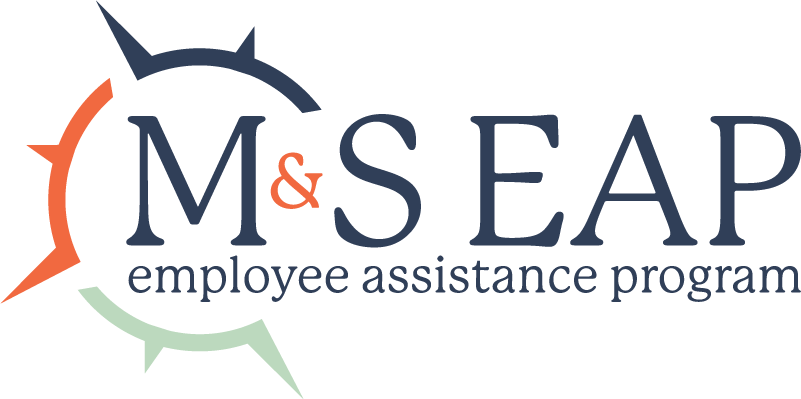The Importance of Work-Life Balance

Striking a balance between a career and a personal life isn’t always easy. A demanding workload, combined with family obligations and personal interests, can leave employees feeling burned out and overwhelmed. One study on workplace stress revealed that nearly half of participants felt they needed help managing their stress levels.1
EAP programs that focus on work/life balance can make a real difference. Helping employees to juggle their professional responsibilities with personal obligations can boost productivity and improve morale in the workplace.
Blurred Lines
Today’s technology allows people to communicate with each other and access information at any time, from anywhere in the world. This round-the-clock access offers flexibility for employees, but it can also blur the lines between their work life and personal life. Does a late-night text from your manager need to be answered? When is it acceptable to put away your laptop and spend time with your family? Many people who telecommute full-time feel like they’re always at the office, leading to higher levels of stress and decreased overall productivity.
Advantages for Employers and Employees
When employees achieve a healthy balance between work and personal life, the business also benefits. A few of the advantages for employers include:
Improved productivity: Stressed, overwhelmed employees get less work done; in fact, a survey by the Corporate Executive Board showed that workers with a healthy work/life balance worked over 20 percent harder than their burned-out counterparts.2

Reduced employee turnover: If an employee feels overwhelmed and unbalanced, they’re more likely to seek greener pastures elsewhere. Companies that offer flexible working arrangements tend to have an easier time retaining valuable employees.
Lower medical costs: Employees who are burned out suffer more health problems and will need to take more sick days than those who feel their lives are balanced. Research shows that stressed employees incur 46 percent more health-related expenses than employees who don’t suffer from high stress levels.3
Better business reputation: Companies that are known for promoting a good work-life balance have a better reputation and are able to attract higher-caliber talent.
Finding a Work/Life Balance
There are many ways that companies can encourage a healthy work/life balance among their employees:
Flexible work arrangements: Many workers benefit from flexible hours that allow them to meet their personal responsibilities. For example, an employee might be willing to come to work earlier than their colleagues if they can leave earlier in the day to pick up their children.
Working from home: Not every type of business can offer this option, but allowing employees to work from home from time to time can help them juggle their work and personal obligations.
Childcare options: Offering an affordable childcare option can make a significant difference in employees’ lives. Not only will they save money, but they can avoid the stresses of finding quality care and dealing with the logistics of dropping off and picking up.
A healthy work/life balance is essential for both employees and businesses. With the help of EAP programs, employees will have an easier time navigating the challenges of balancing their work and personal lives. Offering services that help employees achieve a good work/life balance can enhance a company’s reputation and boost its bottom line.
 Employee Assistance Programs: A Win for Employers & Employees
Employee Assistance Programs: A Win for Employers & Employees
